商业往事
每月分享几则有趣的商业小故事(中英双语),邀请大家和我们一起透过历史故事,看存储商业。

用机率管理健康
本文总计1416字
预计阅读6分钟
(英文文章在中文文章之后)
2008年,谷歌的联合创始人谢尔盖‧布尔发现,他身体的每一个细胞都有LRRK2的基因突变。LRRK2是一种基因突变,这个基因可能引起帕金森病发的病机率较高。也就是每个帕金森氏症患者都有LRRK2突变,也不是每个有LRRK2突变的人都会得帕金森氏症。但是,如果一个人的细胞中有LRRK2的基因突变,他一生中得到帕金森氏症的机率会增加30%到75%。相较之下,一个普通美国人患帕金森氏症的风险大约是1%。
布尔使用一组大数据做了他自己的研究,并得出结论,如果他不采取任何行动来减少帕金森氏症,他有50%的机会患上帕金森氏症。得出这个结论后,布尔开了一个部落客,这个部落客就命名为「LRRK2」。布尔还向媒体透露了这个消息。他的作法是希望藉此引起这方面的专家注意,甚至为他提供解决办法。
此外,他还自己研究了LRRK2突变在人体的影像,他要自己找到方法,以降低自己得到帕金森氏症的机会。
在他的研究中,他发现运动,尤其是潜水的年轻人,可以降低60%患帕金森氏症的几率。此后,一周中总有几个晚上,布尔在一天的工作后,就开车上路到当地的游泳池。在那里,他换上泳裤,走到一个3米长的跳板上,看着下面的水,然后潜水,然后开始跳水。
布尔还尝试涉足瑜伽、体操和搏击。他尝试了很多事来锻炼自己的身体和精神。他说;「潜水本身很短暂,但很激烈」,他补充说:「你用力推开水,然后必须马上扭转过来。它确实让你的心率加快了。」
其他研究表明,摄取咖啡因与降低帕金森氏症风险也有帮助。所以,有一段时间,布尔每天喝一两杯咖啡。但他不习惯咖啡的味道。于是他改喝绿茶。每次泳池锻炼身体时,他就喝一杯绿茶,他希望透过生活方式来降低遗传对他的影响。
「这一切都是现成的,」他说;「但假设根据饮食、锻炼等因素,我可以将风险降低一半,降至 25% 左右。」
布尔说,通过饮食、运动等综合考虑,他希望将风险降低一半,从50%左右降低到25%。然后,随着神经科学的稳步发展,布尔希望将他的风险再降低一半,使他患帕金森氏症的总体机会降到13%左右。
大约在那个时候,布尔还捐赠了超过5000万美元,来开发或研究可能的药物治疗,甚至帕金森氏症的治疗方法。他希望这笔钱足以「发挥作用」。(当时,布尔的凈资产为150亿美元。
但布尔并没有就此止步。他想把他的风险降低到「10%以下」。虽然百分之十仍然比平均风险高十倍,但他最初的机会减少了五倍(即从50%下降到10%)。这离降低得病的机会还有很长的路要走。
我的一位医生朋友曾经说过;病人不需要把他们的命运交给医生。他的意思是;照顾身体是病人自己的责任属,而不是他的医生。医生的作用是提供专业意见供病人参考。
布尔写道:「我很幸运提早发现我很容易得到帕金森病」。「我现在有机会调整我的生活以减少得病的机率(例如,有证据表明运动可能对帕金森病有保护作用)。我也有机会在这种疾病可能影响我之前,就开始进行和支持对它的研究。而且,不管我自己的健康如何,它都能帮助我的家人和其他人。」
当然,即使布尔什么都不做,他可能也不会得帕金森氏症。但我们不应该这样想。最好假设;如果我们什么都不做,没有设法尝试降低风险或让它延迟发病,最坏的情况就是会发生。这样,即使我们确实生病了,我们也不会有任何遗憾。
布尔在面对他的潜在疾病时表现出积极主动的态度。当我们面临潜在的问题和实际问题时,我们可以从他的例子中学习。我们应该尝试估计风险,并尽我们所能降低风险。同样,如果我们能做任何事情来增加成功的可能性,我们就应该这样做,以改善我们的生活。最后,我们的协同努力可以大大有助于避免问题或增加我们成功的可能性。
Using a Positive Attitude to Face Problems
In 2008, Sergey Brin, Google’s co-founder, found that there were LRRK2 mutations in every cell of his body. LRRK2 is a genetic mutation which is linked to a higher rate of Parkinson’s disease. Not everyone with Parkinson's has the LRRK2 mutation, and not everyone with the LRRK2 mutation will get Parkinson’s. However, if one has the LRRK2 mutation, it means that one’s chance of getting Parkinson's is between 30 to 75 percent in one’s lifetime. For reference, the risk of an average American getting Parkinson’s is about one percent.
Brin did his own research using a large data set and concluded that he had a 50 percent chance of developing Parkinson’s if he didn’t do anything to curtail it. After this conclusion, Brin started a blog that was simply called “LRRK2.” He also told the media about his blog in order to try to attract experts to provide solutions for his reference.
In addition, he also studied the LRRK2 mutation in humans to try to find ways to reduce the chances of developing Parkinson's.
In his research, he learned of one study that found that young men who do exercise, especially diving, can reduce their chances of getting Parkinson's by 60 percent. So, several evenings of a week, Brin drives up the road to the local pool after a day’s work. There, he changes into his swim trunks, steps out onto a 3-meter springboard, peers at the water below, and dives into it.
Brin also tried to dabble in yoga, gymnastics and acrobatics. He tried many things to exert himself physically and mentally. But about the diving, he said, “The dive itself is brief but intense,” adding “You push off really hard and then have to twist right away. It does get your heart rate going.”
Other studies have shown that caffeine consumption is linked to a reduced risk of Parkinson’s. So, for a time, Brin drank one or two cups of coffee a day. But he couldn’t stand or get used to the taste of the coffee. So he switched to green tea.
With every pool workout and every cup of tea, he hopes to diminish his risk of getting Parkinson’s, counteracting his genetic predisposition with lifestyle changes.
Brin said that with a combination of diet, exercise, and so on, he hopes to cut his lifetime risk of developing Parkinson’s by half, from about 50 percent to 25 percent. Then, with the steady progress of neuroscience, Brin hopes that his risk will be cut in half again—bringing his overall chance of developing Parkinson's to around 13 percent.
Around that time, Brin also donated over US$50.00M to develop or investigate possible drug treatments or even cures for Parkinson’s. He hoped that this money would be enough to “really move the needle” in terms of making progress on treating and preventing Parkinson’s. (For reference, at that time, Brin’s net worth was around $15 billion.)
But Brin didn’t stop there. He wanted to lower his risk to under 10 percent. Although ten percent is still ten times higher than the average risk, it is a five-fold reduction from his original risk (i.e., from 50% down to 10%), which is much better than having a coin toss’s chance of getting the disease.
One of my doctor friends once said that patients don’t need to hand over their destiny to doctors. He meant that the real responsibility for one’s body belongs to the patient, not his or her doctor. The role of doctors is to provide professional opinions for the patient’s reference.
“I lucky know early in my life something I am substantially predisposed to,” Brin wrote. “I now have the opportunity to adjust my life to reduce those odds. I also have the opportunity to perform and support research into this disease long before it may affect me. And, regardless of my own health, it can help my family members as well as others.”
Of course, it’s possible that Brin wouldn’t get Parkinson’s even if he didn’t do anything. But we probably shouldn’t think that way. It's likely better to assume that the worst will happen if we don’t do anything. Doing so will help to motivate us to try to reduce the risk or at least delay the onset. That way, we won’t have any regrets, even if we do get sick.
Brin is fortunate in the sense that he has money to donate and because he found out about his genetic predisposition so early. However, all of us have conditions in our lives that could be improved or better accommodated in some way with effort on our part. And with the Internet, almost anyone can do a certain level of research and find experts with opinions on the maladies or situations that may affect us.
Brin demonstrated an aggressive and proactive attitude in facing his potential disease. We can learn from his example when we are facing potential problems and also actual problems. We should try to estimate the risk and do everything that we can to lower the risk. Similarly, if we can do anything to increase the probability of success, we should do so in order to improve our lives. In conclusion, a concerted effort on our part can go a long way in terms of avoiding a problem or increasing our likelihood of success.
原文标题:商业往事丨第83话:用机率管理健康
文章出处:【微信公众号:江波龙电子】欢迎添加关注!文章转载请注明出处。
-
江波龙
+关注
关注
4文章
271浏览量
27017
原文标题:商业往事丨第83话:用机率管理健康
文章出处:【微信号:江波龙电子,微信公众号:江波龙电子】欢迎添加关注!文章转载请注明出处。
发布评论请先 登录
相关推荐
设备健康管理体系有哪些功能 ?

DP83TC811、DP83TC812、DP83TCS14、DP83TG720硬件翻转文件应用说明

DP83TC812、DP83TC813和DP83TC814:Open Alliance规范合规性测试所用的配置

设备健康管理的概念、优势及其应用
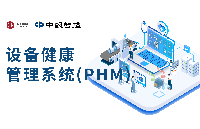
智能医疗健康管理平台,打造智慧医院
第83届中国教育装备展示会圆满收官

康柚科技亮相第83届中国教育装备展示会

数字化引领新时代职业健康管理新篇章
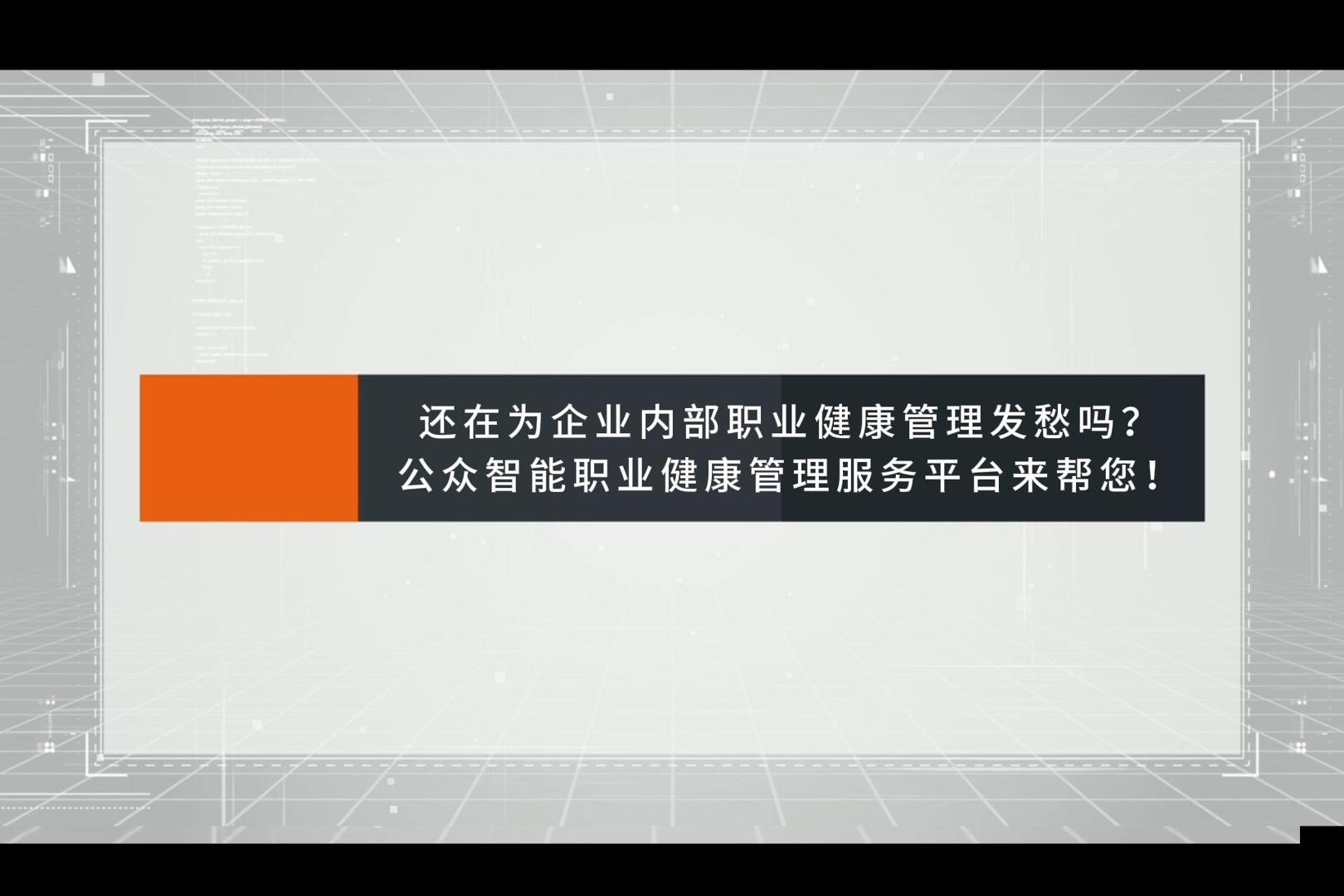




 商业往事丨第83话:用机率管理健康
商业往事丨第83话:用机率管理健康
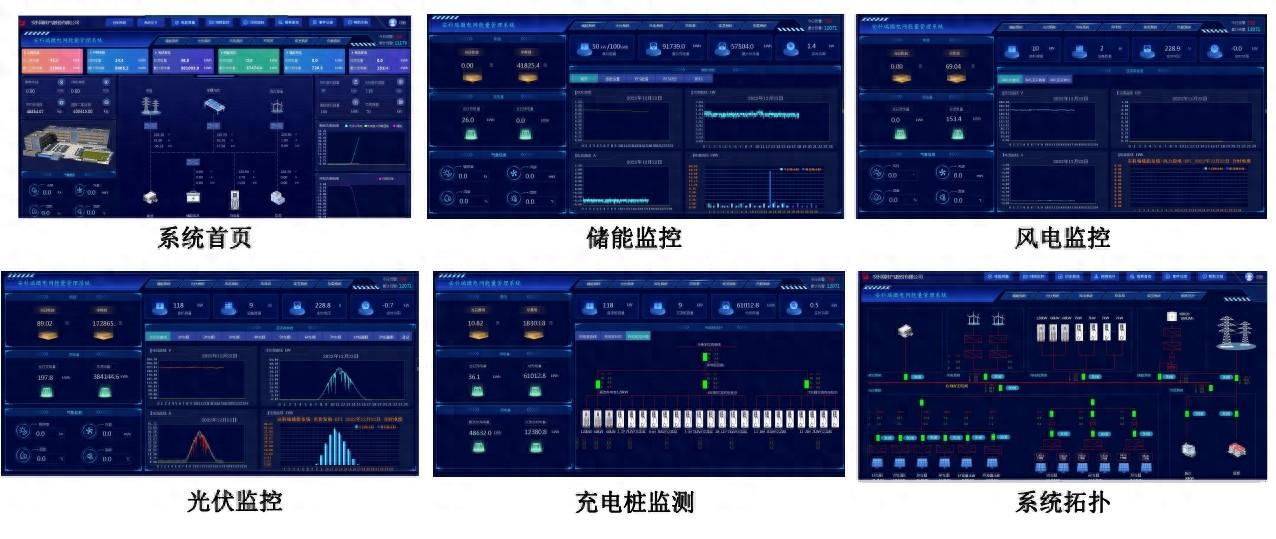
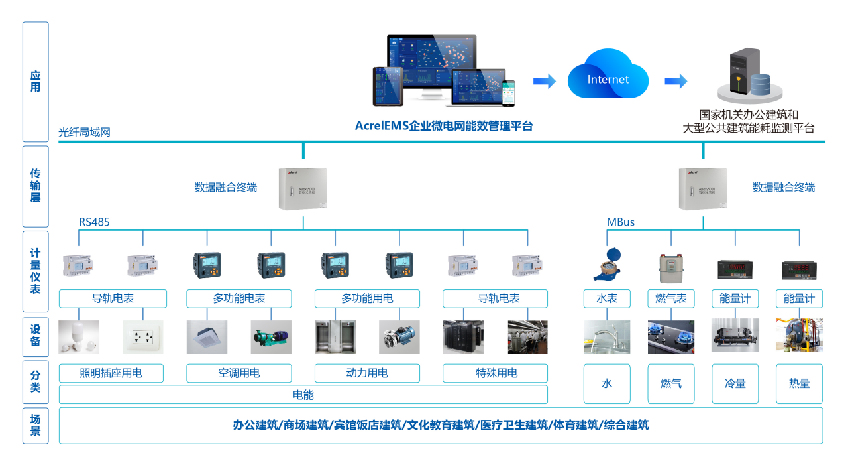
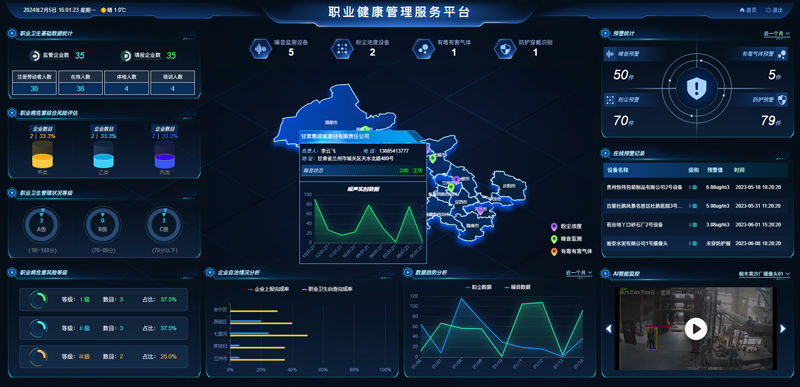










评论